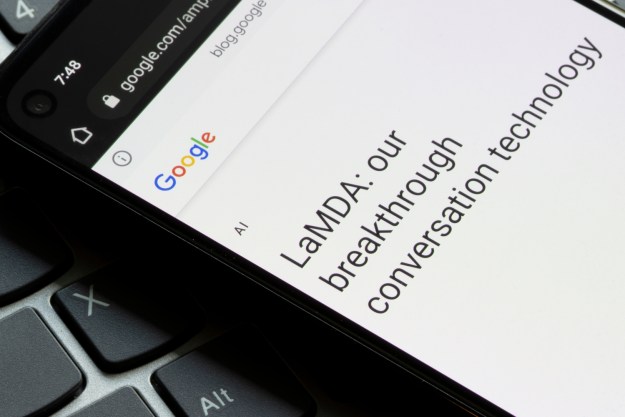Google is working on a censored version of its Google search engine to launch in China if the Chinese government approves it, according to The Intercept. The modified version will not allow access to government-blacklisted websites or searches related to human rights, democracy, religion, or peaceful protest.
Most internet users in China cannot currently access Google Search. The utility is blocked by China’s “Great Firewall.”
Citing internal Google documents and people knowledgeable of the company’s plans who are not authorized to speak for the company and who wish to remain anonymous, The Intercept reports Google has already demonstrated a version of the limited search engine to the Chinese government. The censored version restricts access to content Chinese President Xi Jinping’s Communist Party considers “unfavorable.”
The Intercept claims to have seen documents marked “Google confidential” which detail the filtering in the Chinese version of the search app. All websites blocked by the Great Firewall will be identified and filtered. If a search would bring up a banned website, such as the BBC or Wikipedia websites, the site will be blocked from the first results page along with a disclaimer that states, “some results may have been removed due to statutory requirements.”
Also, blacklisted words and phrases used in queries with the Chinese Google version won’t return any results. The same filtering will work with all features of Google’s search engine, including image searching, spell checking, and search recommendations.
Only a few hundred Google employees know about the modified search engine, according to The Intercept’s sources. Code-named “Dragonfly,” teams of Google engineers and programmers have been working on the project since the spring of 2017. Early versions of the custom Android app were named “Maotai” and “Longfei.”
Google’s search engine hasn’t been available to most people in China since 2010. In March 2010 Google announced it would no longer censor Google Search, Google News, and Google Images on Google.cn, a practice it had followed since 2000. At the time Google cited limitations on free speech, blocked websites, email surveillance, and cyber attacks as reasons for pulling the filtered version. Google was also taking heat from the U.S. Congress for complying with the Chinese government’s policies.
In 2016, after taking over as Google’s new CEO the previous October, Pinchai said at a conference in California, “I care about servicing users globally in every corner. Google is for everyone. We want to be in China serving Chinese users.”
Sources with knowledge of the project told The Intercept that development of Dragonfly sped up after Google CEO Sundar Pichai met with a high-level Chinese government official last December.
According to The Intercept, “The source said that they had moral and ethical concerns about Google’s role in the censorship, which is being planned by a handful of top executives and managers at the company with no public scrutiny.”
If the Chinese government approves the censored Google Search version and if the company is confident the search engine will perform better than Baidu, currently the dominant search service in China, then Google will launch the Dragonfly search app, according to The Intercept’s sources.
Editors' Recommendations
- Google quietly launches a new text-to-video AI app
- How to generate AI art right in Google Search
- Watch out: Google Drive may have lost months of data
- This Google Chrome feature may save you from malware
- Google’s ChatGPT rival just launched in search. Here’s how to try it




